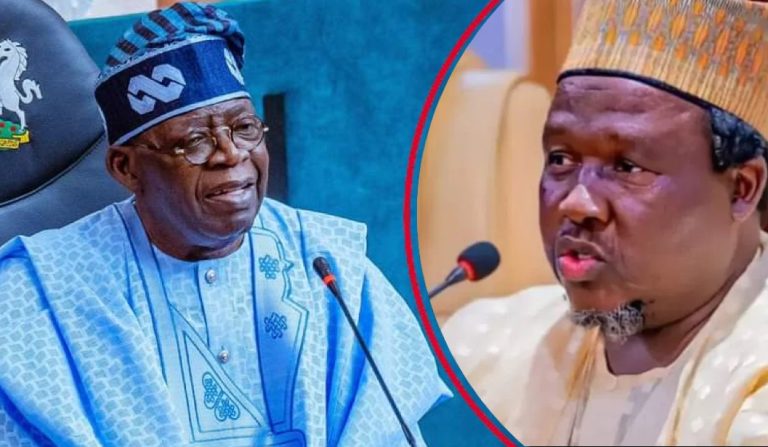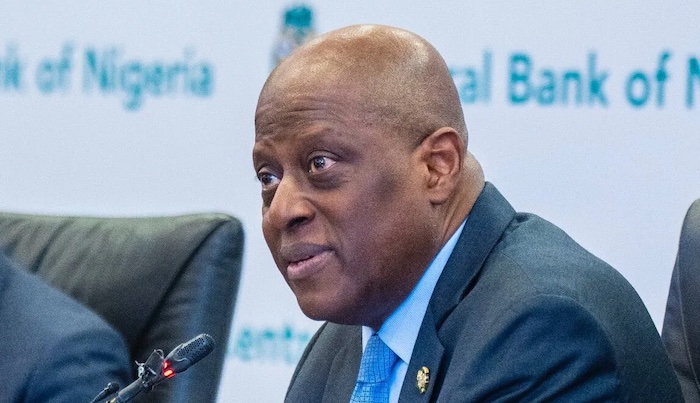
The World Trade Organization (WTO) has projected that artificial intelligence could increase the value of global trade by nearly 40 percent by 2040, driven by sharp reductions in trade costs and improved productivity across sectors.
The forecast was revealed on Wednesday in the WTO’s latest World Trade Report, which identifies AI as a rare source of optimism amid growing uncertainty in the global trading system.
“AI holds major promise to boost trade by lowering trade costs and reshaping how goods and services are produced and delivered,” said WTO Director-General Ngozi Okonjo-Iweala during the report’s launch.
Simulations by the WTO suggest that if current trends hold and AI adoption continues to scale globally, both goods and services exports could rise significantly nearly 40% higher than current projections by 2040.
But while AI’s potential is massive, Okonjo-Iweala warned that the benefits may not be evenly distributed.
“One important question is whether AI will lift opportunities for all, or whether it will deepen existing inequalities and exclusion,” she said.
According to the WTO, without policy intervention, lower-income countries stand to gain just 8% in income from AI adoption by 2040, far below the 14% income boost expected in higher-income economies.
However, if developing nations manage to close the digital infrastructure gap by half and ramp up AI integration, they could potentially match the gains projected for more advanced economies.
Despite the opportunities AI presents, the WTO also noted a concerning trend: a rise in trade restrictions on AI-related goods.
In 2023, nearly 500 trade restrictions were in place, a significant jump from just 130 in 2012. These restrictions have been implemented mainly by higher- and middle-income economies, raising concerns over access and technological protectionism.
The WTO argues that for AI to be a force for inclusive economic growth, countries must adopt the right mix of policies, combining trade openness with investments in digital infrastructure, education, and AI readiness.
“With the right mix of trade, investment, and complementary policies, AI can create new growth opportunities in all economies,” Okonjo-Iweala concluded.



